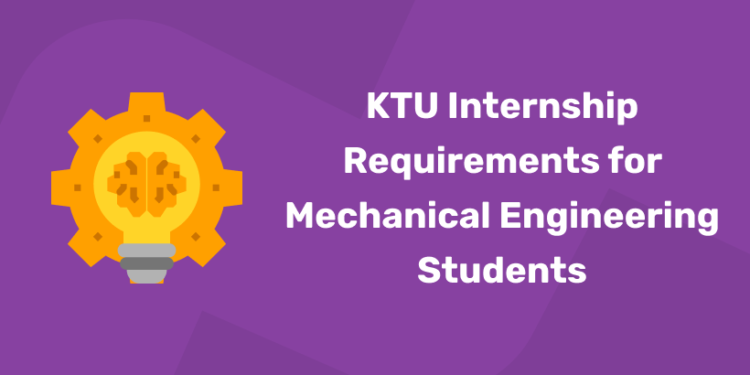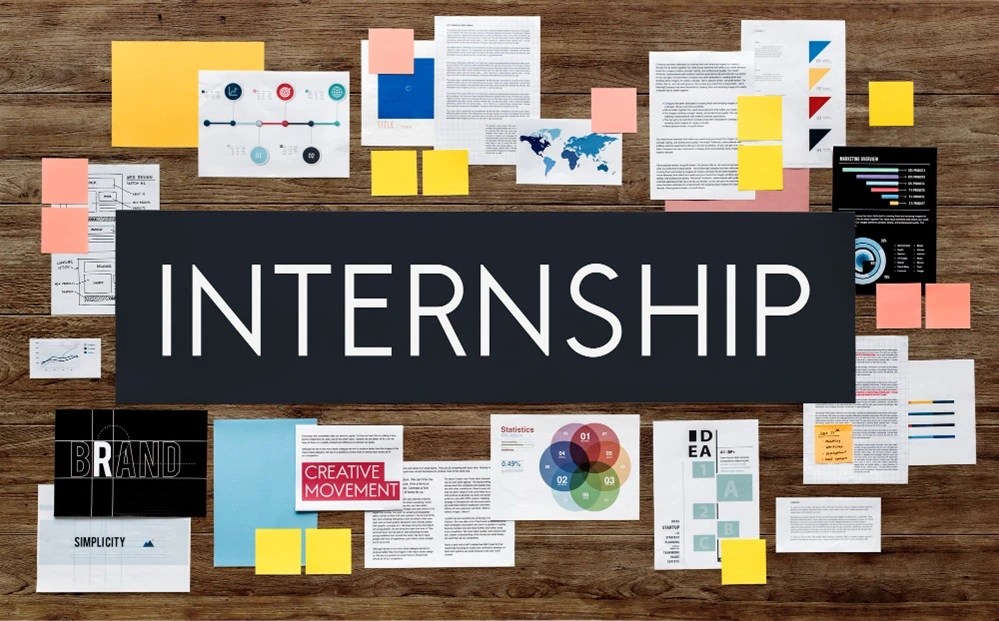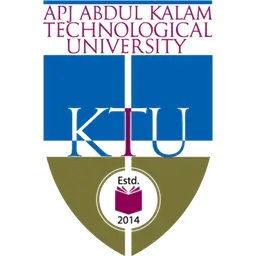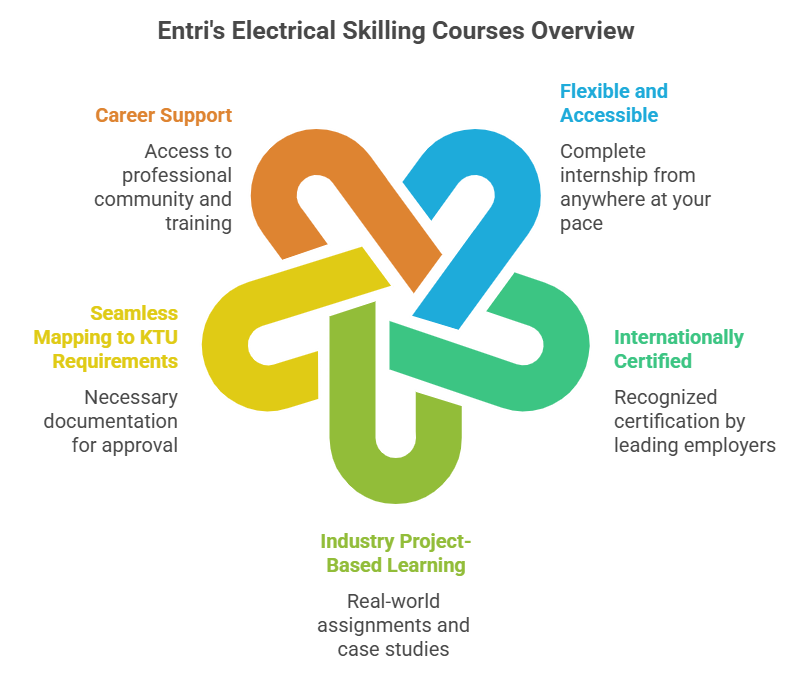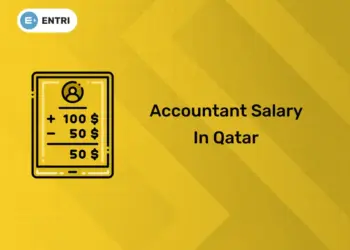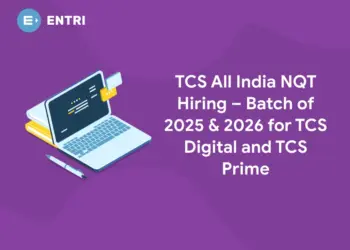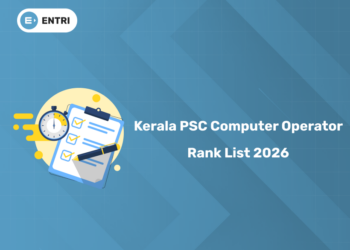Table of Contents
Mechanical Engineering is among the most sought-after branches under APJ Abdul Kalam Technological University (KTU), Kerala. While classes and laboratories build academic foundations, nothing surpasses the impact of real-world exposure. That’s why KTU mandates internships for every B.Tech student, including all mechanical engineering aspirants.
But what counts as an eligible internship under KTU? What paperwork do you need? Where do add-on courses like MEP, Quantity Surveying, or Embedded Systems fit in? And how can you turn the internship requirement into a powerful career catalyst? This guide, meticulously researched as per the 2024-2025 KTU academic rules and industry trends, covers all those questions and more, so you don’t just check a box, you future-proof your degree!
Key Takeaways
- KTU mandates mechanical engineering internships of 4 to 8 weeks (or more), carrying up to 20 activity points crucial for your degree.
- Internships must be pre-approved, supervised, and meticulously documented, with real project or industry exposure fitting your curriculum and credit system.
- Entri’s MEP and MEP QS, as well as Embedded Systems, are recognized routes when traditional placements are unavailable or limited.
- These courses equip students with practical, industry-relevant skills that enhance employability and job readiness.
Why Are Internships Mandatory in KTU Mechanical Engineering?
Kerala’s largest technical university, KTU, reformed its B.Tech regulations to bridge the gap between academic syllabi and what industries need. The internship policy is therefore NOT a formality; it’s your bridge from classroom knowledge to company work modes.
Mechanical engineers in manufacturing, construction, automotive, HVAC, or public sector roles are expected to hit the ground running. It’s through industry internships that you:
-
Put theory into action: Whether it’s thermodynamics on a live plant floor, CAD in a design consultancy, or automation at a smart factory.
-
Master workplace discipline: Reporting, teamwork, technical communication, and professional conduct are best learned by doing.
-
Network for placement: Often, a good internship leads to a pre-placement offer (PPO) or a competitive edge over other graduates.
Kickstart your embedded systems career and turn your tech passion into high-demand skills!
Master MEP Design with Industry-Leading Training!
Gain in-depth knowledge of Mechanical, Electrical, and Plumbing (MEP) Design with expert-led courses. Learn HVAC, fire safety, sustainable building strategies, and BIM applications to excel in the construction industry.
Know MoreKTU Internship Rules: All the Official Details
1. Duration & Timeline 
-
Minimum internship period: 4 weeks (28 days), with most departments recommending 4 to 8 weeks as ideal.
-
Extended internships: Up to 6 months may be considered for students clearing all prior coursework or in collaboration with research/industry sponsors.
-
When to intern? Most students do their internships after the sixth semester (i.e., during the 7th/8th sem, or in the intervening vacation).
2. Eligibility Criteria
-
Academic clean-sheet: You cannot begin your internship if you have uncleared backlogs, disciplinary issues, or major CGPA deficiencies (requirements may vary by department, e.g., minimum 6.0 CGPA).
-
Pre-approval is compulsory: No points/credit will be awarded without prior written approval from your department or faculty internship coordinator.
3. Activity Points & Credit Structure
-
Internships earn up to 20 activity points, which are necessary for graduation.
-
2–3 activity credits may be booked under the “Group II activities” category (internship/project-based learning).
Application, Documentation, and Evaluation
To ensure your internship is recognized, you must:
-
Gain prior approval through department paperwork, submit an offer letter and a synopsis/job description before starting.
-
Have two supervisors: Your department assigns an internal faculty guide, while your industry mentor (from the company/institution) acts as an external guide.
-
Complete 75% attendance and keep an official attendance sheet/logbook.
-
Document your learning: Daily journals, task logs, or weekly summaries, depending on your department norms.
-
Write a structured internship report: usually 25-30 pages detailing your work, learning objectives achieved, difficulties, and future improvements. Append certificates, attendance logs, and supervisor evaluations.
-
Present findings: Oral defense or seminar presentations may be required for final activity credit approval.
Entri’s Project-Driven, Certified Internships
Industry slots can be competitive, especially if you’re far from Kerala’s major cities or constrained by time, pandemic/lockdown, or other issues. KTU’s evolved policy recognizes digital, project-based internships if they have strict evaluation, project outputs, and supervisor oversight.
Entri MEP Course for Mechanical Engineers
The Entri MEP (Mechanical, Electrical, Plumbing) Course is an industry-favorite, especially in the booming Middle East/Gulf job market. Here’s what you get:
-
Comprehensive coverage: HVAC, plumbing, electrical, fire-safety, all with practical modules.
-
Skill tools: Hands-on learning in AutoCAD, Revit, and design documentation.
-
Mentoring & placement support: Faculty and industry mentors, real case studies, and help with resume/portfolio building.
-
Certification: Fulfills KTU documentation needs with verifiable hours and evaluated projects, recognized for activity credit and graduation needs.
Why It’s Valuable:
MEP is a cornerstone discipline for both civil and electrical engineers. Gaining MEP expertise means you’re ready to contribute to large-scale construction projects, commercial complexes, or even smart homes, starting from day one.
Entri MEP Quantity Surveying (MEP QS) Course
MEP QS bridges engineering with cost management, vital for large construction and maintenance projects:
-
Real-world exposure: Courses in cost estimation, contract administration, tendering, and project scheduling.
-
Simulated industry workflow: Complete quantity take-offs and bill preparation on live building plans.
-
Prepares you for core engineering + management: Boosts your résumé for both India and Gulf placements.
Why It’s Valuable:
You’ll be able to bridge the gap between engineering design and project economics, an in-demand skill set for roles in project management, procurement, or client consulting.
Master MEP Design with Industry-Leading Training!
Gain in-depth knowledge of Mechanical, Electrical, and Plumbing (MEP) Design with expert-led courses. Learn HVAC, fire safety, sustainable building strategies, and BIM applications to excel in the construction industry.
Know MoreAdd-On Courses Every Ambitious Mechanical Engineer Should Consider
Embedded Systems Course
Today’s mechanical engineer can’t ignore electronics, IoT, and automation. Embedded systems, think microcontroller programming, sensor integration, industrial automation, are everywhere, from robotics and smart factories to automotive and aerospace:
-
Entri’s Embedded Systems Course covers Arduino, Raspberry Pi, IoT protocols, PCB design, and sensor interfacing, all vital to machine design and process automation.
-
Broaden your skills for Industry 4.0: companies want engineers able to simulate, automate, diagnose, and improve physical systems with digital smarts.
-
Courses include hands-on projects evaluated by mentors, fulfilling KTU’s requirements for supervised, project-based internship experience.
Why Choose Entri’s Electrical Skilling Courses?
1. Flexible and Accessible
Complete your internship requirement from anywhere, at your own pace, with access to updated, industry-standard content.
2. Internationally Certified
All courses culminate in recognized certification, respected by leading employers and institutions.
3. Industry Project-Based Learning
Courses are packed with real-world assignments, simulations, and case studies. You’ll finish with portfolio-worthy work and documented evidence of skill mastery.
4. Seamless Mapping to KTU Requirements
Receive all necessary documentation for the department’s approval, including:
-
Course enrollment certificate
-
Detailed course structure and project work
-
Progress tracking and evaluation metrics
5. Career Support
Gain access to Entri’s professional community, placement training, industry masterclasses, and career counseling sessions, helping you translate skills into employment.
Watch the full content in video format:
Conclusion: Turn Your Internship into a Career Springboard
Internships under KTU aren’t just academic hurdles, they’re doors to opportunity. Whether via factory work, digital MEP projects, or embedded systems design, every valuable internship can:
-
Build a technical portfolio that wins campus and off-campus placements.
-
Establish contacts with future employers and mentors.
-
Sharpen discipline, communication, and professional confidence.
Entri’s suite of MEP, MEP QS, and Embedded System courses offer a flexible, globally recognized, and KTU-compliant route for those seeking quality learning and practical credibility. Don’t just fulfill the requirement, use your internship time and these advanced courses to distinguish yourself in the job market and become a future-ready engineer.
Ready to fulfil your KTU Electrical Engineering internship requirement and elevate your career? Explore Entri’s Electrical Skilling Courses today!
Master MEP Design with Industry-Leading Training!
Gain in-depth knowledge of Mechanical, Electrical, and Plumbing (MEP) Design with expert-led courses. Learn HVAC, fire safety, sustainable building strategies, and BIM applications to excel in the construction industry.
Know MoreFrequently Asked Questions
Can I use online or certified courses to fulfill my KTU Mechanical Engineering internship?
Yes, if they’re project-based, supervised, pre-approved by your department, and mirror real industrial practices as with Entri’s MEP, Embedded Systems, or MEP QS programs.
What paperwork does KTU need for mechanical internships?
Official offer letter, work synopsis, pre-approval form, attendance sheet (>90%), personal work log/daily journal, final report with supervisor evaluations, seminar presentation/defense.
How is my internship evaluated for KTU points/credit?
Quality and completeness of documentation, actual engagement in project/industrial work, and positive evaluations from both supervisors are mandatory.
What happens if I have a backlog or my CGPA drops?
You must clear all academic and disciplinary issues before your internship starts; otherwise, credits/points cannot be awarded.
Are placement-focused online courses (like data science or coding) also valid for activity points?
If they include rigorous, hands-on projects and are department-approved, yes. Entri and similar platforms notify you on approval needs, which is crucial for mechanical students wanting to diversify their skills.


